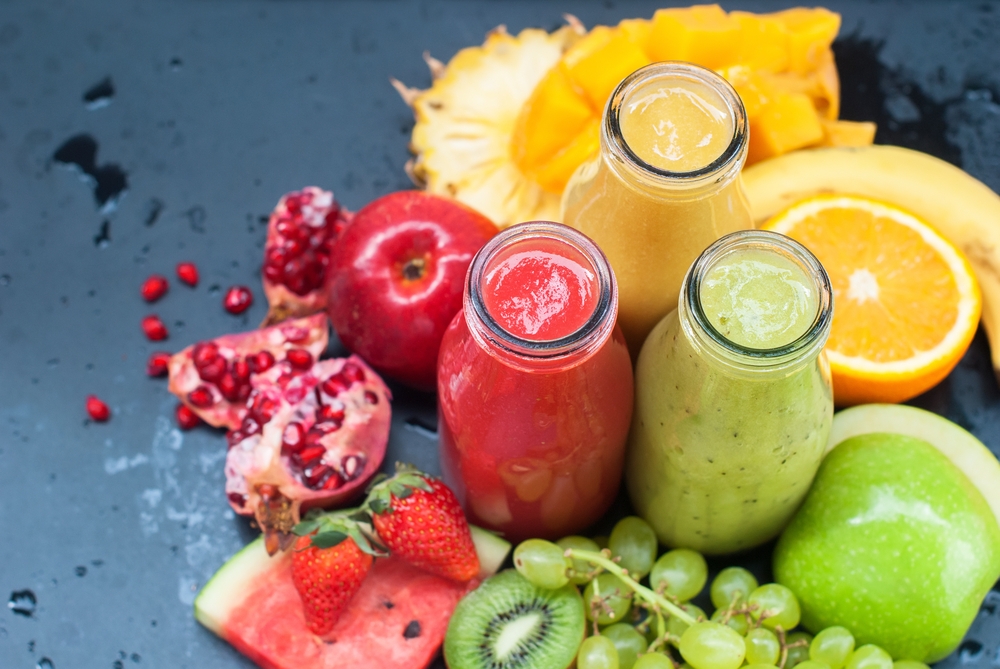
We all know that a low sodium diet is helpful for lowering blood pressure. In addition to low sodium, diet should also pay attention to [miscellaneous] points to ensure the supply of other nutrients, which is more conducive to health.
High calcium helps keep blood pressure stable.
Calcium has many benefits to the human body. It can not only make bones strong, but also soft tissues need it.
Calcium in blood can strengthen and dilate arterial blood vessels, increase urine excretion and reduce the adverse effects of sodium on blood pressure.
Dairy products are the first foods rich in calcium. In addition, sunflower seeds, soybeans, peanuts, walnuts, fish and shrimp, red dates,
Garlic sprouts, kelp, laver and other foods are also good choices for calcium supplement.
Tip: These habits can help calcium absorption
- Avoid eating too much salt; Drink less carbonated drinks; Green leafy vegetables are blanched to reduce oxalic acid content. Quit smoking and drinking.
High Potassium Promotes Sodium Excretion
Potassium and sodium, like sitting on a seesaw. High potassium can inhibit the absorption of sodium and promote the excretion of sodium from urine, helping to reduce blood pressure.
Foods with high potassium content are mainly fresh fruits, such as oranges, bananas, cantaloupes, etc. In addition, various green vegetables are also rich in potassium. There are also various potatoes, such as potatoes and sweet potatoes, which are used as staple foods and also help to supplement potassium.
In addition, low sodium salt is also additionally added with potassium and is also a good source of potassium supplement.
Little Reminder: Precautions for High Potassium Diet
1. Take diuretics, more attention should be paid to potassium supplement. Some hypertension patients, out of the need of treatment, often continue to take diuretics, which will increase their urination volume and increase the loss of potassium, prone to hypokalemia. Therefore, hypertension patients with diuretics should supplement potassium in time.
2. Hypertensive patients had better check their renal function and blood potassium before supplementing potassium. When renal function is incomplete, the excretion of potassium will be affected and high potassium diet is not suitable.
High Fiber Regulates Blood Lipid
Dietary fiber can help defecate in intestinal tract, adsorb some cholesterol and cholate at the same time, reduce liver-intestinal circulation of cholate, prevent it from continuing to synthesize cholesterol in liver, regulate lipid metabolism, and help delay arteriosclerosis.
Coarse grains are rich in dietary fiber, so don’t eat too fine in your daily diet. You should eat coarse grains together, such as steaming steamed bread with whole wheat flour and wheat flour, steaming rice and cooking porridge with beans and rice.
Vegetables, such as spinach, celery, rape and other green leafy vegetables, as well as sweet potatoes, taro and other potatoes, mushrooms, agaric and other mushrooms are rich in a large amount of dietary fiber.
Can I have fruit and vegetable juice?
Eating fruits and vegetables directly is the healthiest, but if you don’t like fruits or have bad teeth, freshly squeezed fruit and vegetable juice contains a variety of vitamins and potassium, calcium, magnesium and other elements, which is also an option.
It should be noted that in order to take in more dietary fiber, fruit and vegetable juice is best drunk together with dregs. For obesity or overweight, abnormal blood sugar hypertension patients, it is not appropriate to drink pure fruit juice, so as not to take in too much sugar, vegetables can be given priority to, fruits can be used as auxiliary to make fruit and vegetable juice, and sugar should not be added.
